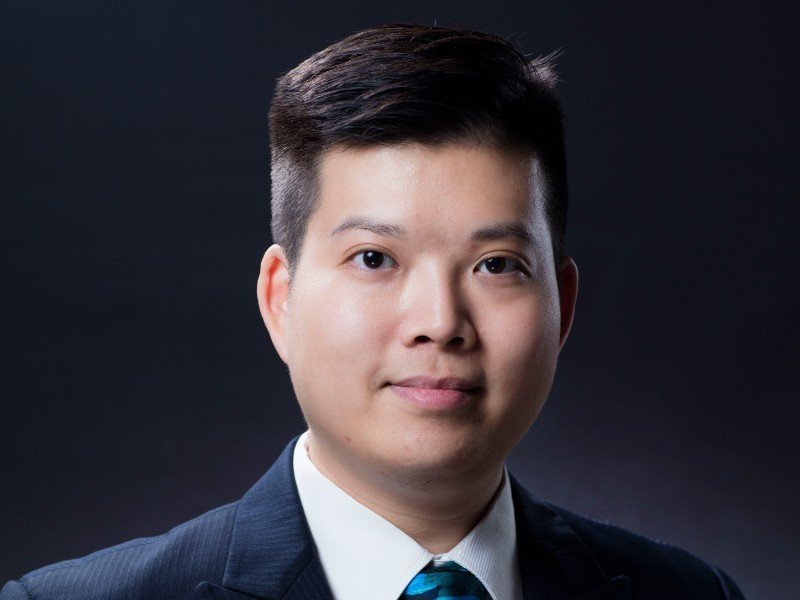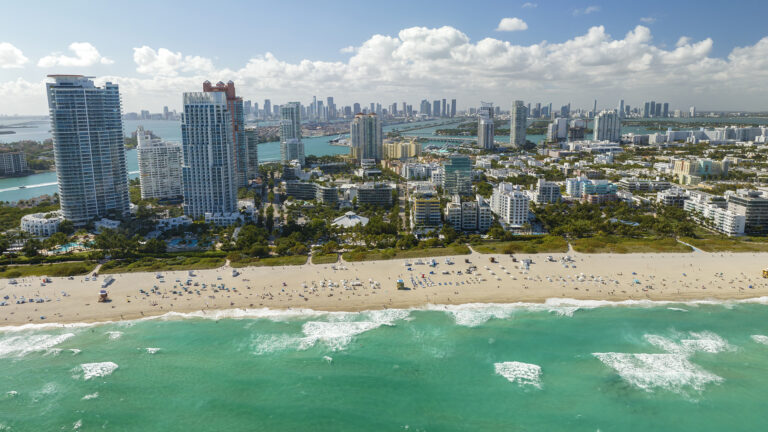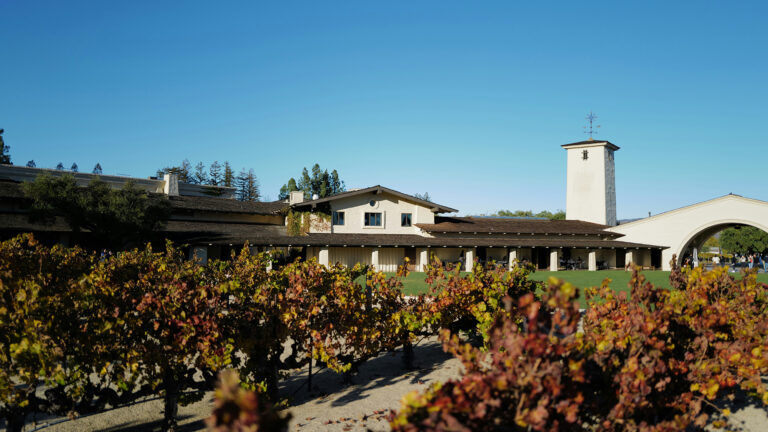In a year where Donald Trump’s revived trade tariffs have cast a long shadow over Asia’s trade flows, Nicholas Cheung, chief investment officer at Hong Kong’s $1.75B Spiritual Journey Charity Foundation is betting big on modern logistics.
The re-imposition has triggered what Cheung called “the most significant structural shock to Asian supply chains since the 2018 trade war.” Export-reliant economies like South Korea and Taiwan saw their currencies slide 8–12% against the dollar, while equity benchmarks underperformed the region by as much as 20% year to date, said the CIO in an email to Markets Group.
This has led Cheung to sharply reduce its exposure to Chinese export-oriented manufacturing by 40% and double down on infrastructure that meets rigorous U.S. sourcing standards. Further, the fund has ramped up investments in Association of Southeast Asian Nations’ (ASEAN) industrial real estate, increasing its allocation by 25% and targeting logistics parks specifically certified for U.S. compliance. Indeed, locations like Vietnam’s Northern Corridor and Thailand’s Greater Bangkok are central to the foundation’s strategy; warehousing rents have climbed 10–12% annually as global manufacturers seek to sidestep China.
He noted there is also a strong demographic undercurrent behind the fund’s allocation to Japanese senior housing and Korean purpose-built rental homes, as occupancy rates above 90% reflect long-term stability.
The CIO remains selectively bullish on prime office real estate — but with caveats. Tokyo’s central wards, where vacancy remains below 2% and rents are rising 4–5% annually, still attract interest, he said. Singapore is another bright spot for him, as the country’s ESG-compliant buildings enjoy lease premiums of up to 12%. But the story flips in non-core Chinese cities, where vacancy rates exceed 25%. The firm exited those positions in 2024, anticipating the oversupply pressures that continue to weigh on returns, said the CIO.
Since taking the helm, Cheung has reduced geographic exposure to China from 35% to just 12%, the lowest in the fund’s history. He views data center space as another hot spot, particularly since in Tokyo and Osaka, where power supply is stable and demand for cloud and artificial intelligence infrastructure is booming, yields of 6–7% are proving resilient. He has replaced generic technology plays with focused positions in AI infrastructure —Japanese robotics and Korean semiconductor chip equipment — as well as aging economy services, including Japanese healthcare and Australian retirement living assets.
Internally, Cheung has streamlined the investment committee from four layers to two, slashing decision time by 60%. AI tools now automate 80% of early due diligence, freeing analysts to focus on stress-testing strategies. Monthly scenario planning workshops model 12 potential tariff policy outcomes, while regular consultations with trade organizations such as the Hong Kong Trade Development Council and ASEAN business associations keep the team plugged into real-time regulatory shifts. Even the human capital strategy has been refined, with a former Fortune 500 manufacturing executive retained as a part-time consultant to provide granular supply chain insights.
As of July 2025, the foundation’s one-year gross return stood at 7.6%, with a five-year annualized return of 10.8%, outperforming key benchmarks like the MSCI Asia ex-Japan (9.3% over five years) and the S&P 500 (10.2% over five years). Major portfolio contributors include Japanese corporate governance reform (+290bps), Indian fintech (+180bps), and ASEAN logistics (+120bps), though Korean semiconductor holdings detracted 110bps amid tariff volatility.
In private equity, the fund is doubling down on control buyouts of mid-market manufacturers that supply precision metal and plastic component sectors where pricing power and long-term contracts offer defensive margins. Japanese home healthcare assets with 20%+ EBITDA margins form another cornerstone. On the secondaries side, Cheung’s team has been opportunistic, acquiring limited partner interests in industrial-focused funds at discounts of 25–35% to NAV, with an eye on component manufacturers essential to global supply chains.
The CIO has carved out just 5% of the private equity portfolio for Series B/C deals, steering clear of early-stage due to capital intensity and valuation froth. That 5% is focused on scalable manufacturing technologies— metal injection molding in Singapore and Korean AI-based quality-control platforms that have seen 150% revenue growth.













